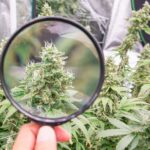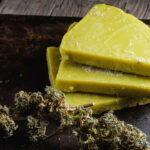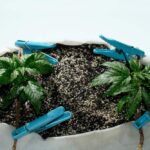The Best Fluffy Pancakes recipe you will fall in love with. Full of tips and tricks to help you make the best pancakes.
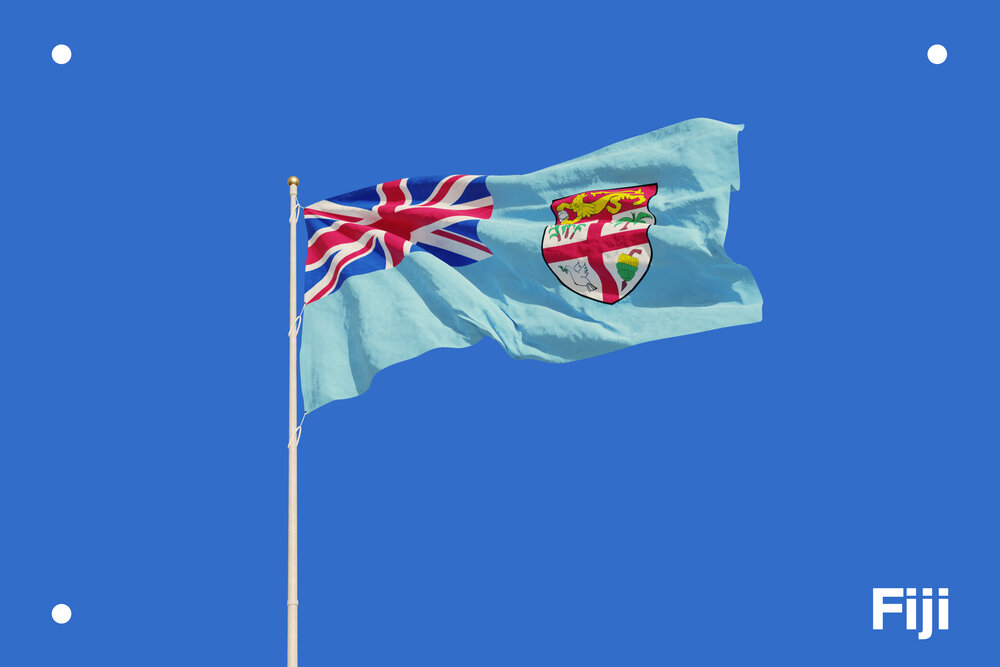
Is Weed Legal in Fiji?
Cannabis growers like me are always on the lookout for new frontiers—especially when you’re thinking about where cannabis might become the next big legal market. You might be wondering, is weed legal in Fiji? Maybe you’re a curious traveller, a medical patient, or a breeder scoping out global opportunities. Either way, let me walk you through everything you need to know about Fiji’s current cannabis laws, the direction of reform, and what’s really going on in this Pacific Island nation. I’ll break it all down so you’re not caught out, and you’ll walk away understanding where Fiji stands and where it’s headed.
Overview of Cannabis Laws in Fiji
Legal framework under the Illicit Drugs Control Act 2004
The cannabis laws in Fiji are governed by the Illicit Drugs Control Act 2004, which is still very much in force. This legislation classifies cannabis (referred to locally as “Indian hemp”) as an illicit drug. Under this act, any form of possession, cultivation, sale, supply, or trafficking of cannabis is considered illegal.
What this means for you is that, even if you’re carrying a small personal stash, you’re still technically breaking the law. There’s no grey area here—the legal text is clear. This law applies across the board, whether you’re a local Fijian resident or an international visitor just trying to blaze up on the beach. The legal system does not currently distinguish between cannabis for recreational or medicinal use.
Status of recreational cannabis: penalties and enforcement
Recreational cannabis is illegal in Fiji. That means no smoking, no buying, no sharing—not even growing a single plant for personal use. The penalties are serious, and the Fijian government treats possession and use with zero tolerance.
Here’s what can happen if you’re caught:
- First-time offenders can receive up to 3 months in prison and/or a fine (typically around 1,000 FJD)
- Repeat offences often lead to custodial sentences
- Police do conduct raids, especially in areas known for cultivation like Kadavu and Navosa
So, if you’re thinking of lighting up while you’re in Fiji, don’t. The risk isn’t worth it.
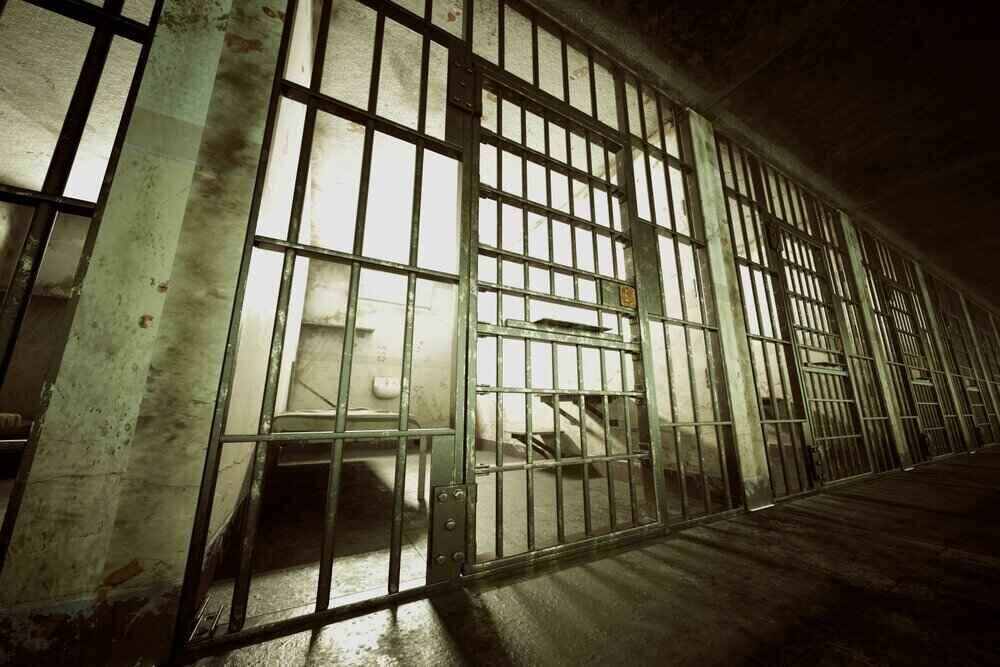
Status of medical cannabis: policy and pharmacist exceptions
At the time of writing, Fiji does not have a functional medical cannabis programme. There is no provision for medical use within the Illicit Drugs Control Act. However, the conversation is shifting. The Fijian Ministry of Trade has been conducting feasibility studies around legalising cannabis for medicinal and industrial purposes.
While there’s no legal pathway to access medical cannabis yet, pharmacists and the Ministry of Health are exploring models seen in other Pacific countries. In the near future, it’s likely that Fiji may join nations like Vanuatu and the Cook Islands in allowing tightly controlled access for specific conditions.
Penalties for Possession, Cultivation & Trafficking
Possession of small amounts (e.g. up to 100 g): fines and minimum prison terms
Fijian law takes cannabis possession seriously. Even a gram over the threshold can escalate your charge. The Illicit Drugs Control Act sets weight-based thresholds that determine whether your case is classed as personal use or trafficking.
Here’s how that plays out:
- Less than 100 grams = personal use (still illegal)
- Over 100 grams = intent to supply or trafficking
- Possession of under 5 grams might result in a fine if you’re lucky, but jail time is likely if it’s your second strike
While enforcement is strict, outcomes depend heavily on local police discretion, past criminal history, and whether you cooperate.
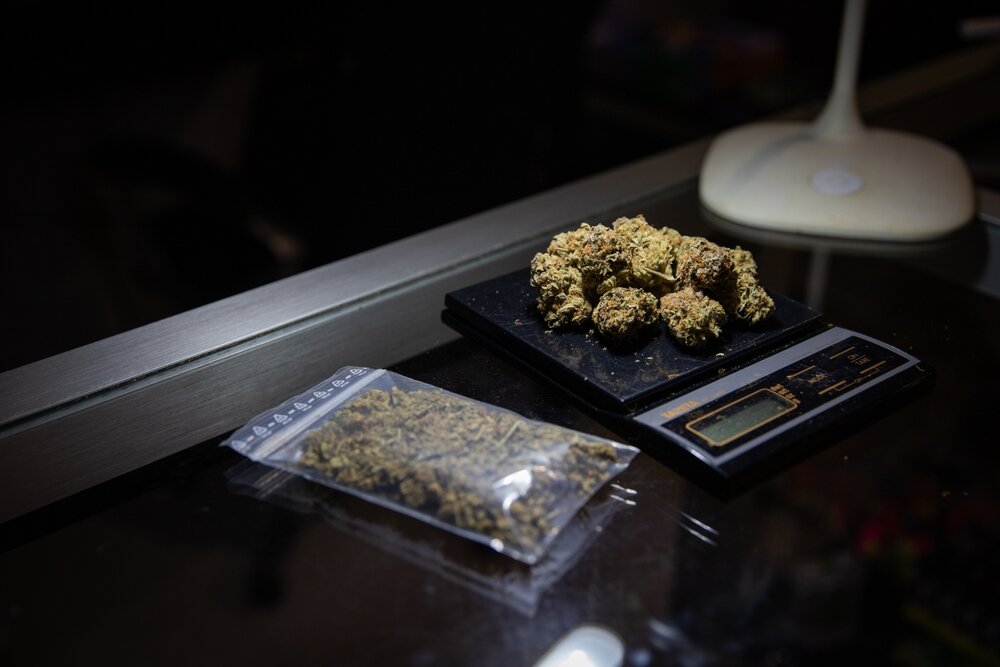
Cultivation penalties: from household plants to scale operations
Growing cannabis in Fiji is a big deal under the law. Even a couple of plants in your backyard can land you in prison. Cultivation is treated as a more serious offence than possession, particularly if there’s evidence you’re drying, processing, or storing cannabis.
If you’re caught cultivating:
- Up to 3 plants can still be prosecuted as intent to supply
- More than 3 plants will almost certainly result in trafficking charges
- Large-scale growers (think hundreds of plants) have been sentenced to 10+ years in prison
Kadavu Island, in particular, is known as a hotspot for illegal cannabis cultivation due to its mountainous terrain and isolation. That’s where most raids happen, often resulting in large crop seizures and jail time for locals.
Trafficking and distribution: maximum sentences and life imprisonment
Trafficking is where the law comes down hardest. If you’re caught selling, distributing, or even just transporting cannabis over the threshold weight, the court assumes you’re a trafficker. And the sentences are long.
Here’s what you’re looking at:
- 5–14 years for mid-level supply
- Up to life imprisonment for high-volume trafficking
- Assets like cars, homes, and boats used in the offence can be seized by the state
I’ve seen cases where just crossing from one island to another with a few ounces in your backpack led to major legal headaches. So don’t try your luck with Fiji Customs either.
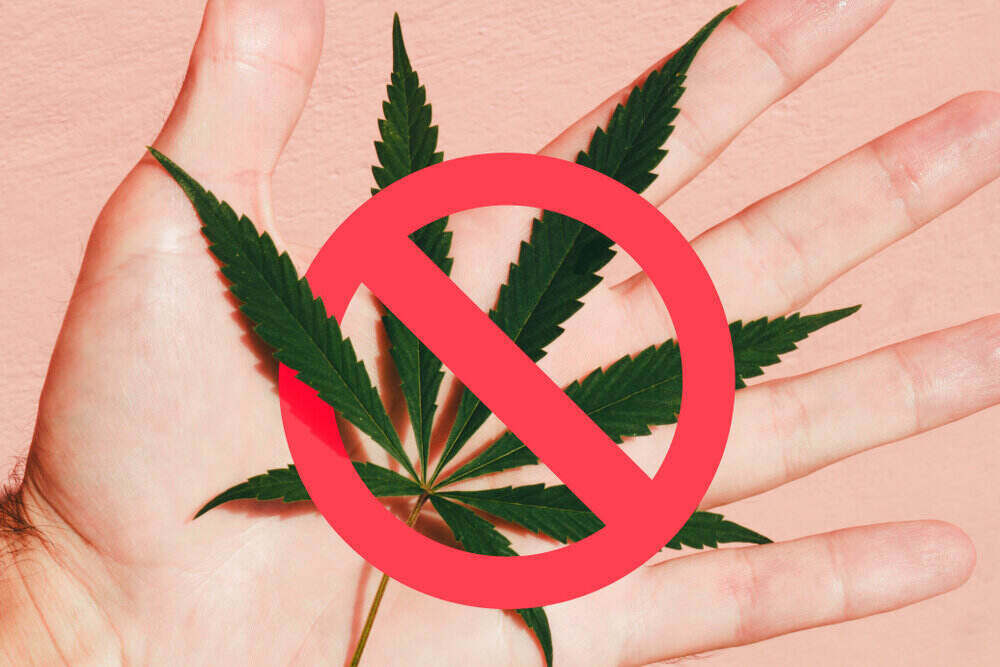
Legalisation, Reform & Industrial Hemp
Decriminalisation of industrial hemp (< 1% THC) since mid‑2022
This is where it starts to get interesting. In 2022, Fiji made a move toward legalisation—but only for industrial hemp. Under new amendments to the drug laws, hemp varieties with less than 1% THC are no longer considered illegal. This opens the door for farmers to grow non-psychoactive hemp for fibre, textiles, and CBD extraction.
Key facts:
- Hemp must contain less than 1% THC by dry weight
- Seeds must be approved and registered with government agencies
- Licences are required for cultivation, processing, and sale
This was Fiji’s first step in reforming its cannabis laws and signals that broader change may be on the horizon.
Government moves on medical cannabis legislation (Feasibility Study, Cabinet approval in late 2024 / early 2025)
Fiji’s government has publicly acknowledged the economic potential of cannabis reform. The Ministry of Trade completed a feasibility study in 2024 exploring a potential export-led medicinal cannabis industry. By early 2025, the Cabinet had approved further review of legislation to allow cultivation for export.
What’s on the table:
- Legal cultivation for medical purposes only (no local sales yet)
- Export models similar to Lesotho, Colombia, or Thailand
- Foreign investment partnerships and licences being considered
If you’re an investor, grower, or breeder like me, this is a space to watch. There’s clearly momentum, and Fiji’s tropical climate makes it an ideal location for outdoor grows.
Voices for reform: economic potential, trade with Pacific neighbours, public health arguments
Support for reform in Fiji isn’t just about making money—it’s also about improving public health and keeping non-violent offenders out of overcrowded prisons.
Arguments for legalisation include:
- Economic diversification post-COVID
- Increased rural employment and agricultural income
- Reducing criminal records for youth in rural areas
- Cross-border trade with countries like Vanuatu and New Zealand
Community leaders, economists, and even former police commissioners have voiced cautious support for controlled legalisation under a health-first model.
Culture, Availability & Black Market Dynamics
Historical and cultural context of cannabis use in Fiji (“Indian hemp”, traditional use)
Cannabis has long been present in Fiji’s rural and remote communities. Referred to as “Indian hemp” historically, it’s been grown for decades by villagers for both cultural and recreational use, even though it’s officially illegal.
Some elders describe traditional practices of using cannabis in communal settings—often intertwined with storytelling, music, and relaxation. While this isn’t officially recognised, it reflects how ingrained cannabis has been despite prohibition.
Black‑market distribution: rural hiding spots, urban selling points, trafficking routes
Like many nations with prohibition laws, Fiji has a strong black market. Most cannabis originates from remote islands such as Kadavu, where the geography makes it hard for authorities to police.
Here’s how the black market operates:
- Grows are hidden in dense bushland or mountain valleys
- Harvested cannabis is transported by boat or truck to Suva and Nadi
- Dealers sell by the joint or small bag to tourists and locals
I’ve even heard stories of surfers and backpackers getting offered joints on the beach—but don’t mistake this for safe access. The police do conduct regular stings.
Public perception, social stigma, and popular attitudes toward weed
Public perception in Fiji is shifting but still conservative. Older generations typically associate cannabis with criminality, while younger people—especially in urban areas—tend to support reform. That said, there’s still stigma around use, especially among traditional and religious communities.
If you’re caught using cannabis in public or on social media, it could affect your job or reputation—even if no charges are laid. Attitudes are softening, but progress is gradual.
Implications for Tourists & Residents
Penalties and enforcement for foreign visitors and locals alike
Fiji doesn’t go easy on tourists who break the law. Whether you’re a local or a visitor, cannabis-related offences are prosecuted equally. Police at the airport and in town centres are well-trained and often tipped off.
Tourists have been jailed for:
- Bringing weed into the country
- Smoking in resorts or hostels
- Getting caught buying from street dealers
As a visitor, don’t expect any special treatment. Consulates can’t do much once you’re arrested.
Risks of import, transport or use while in Fiji
You might think it’s easy to stash a few grams in your luggage or vape pen—but don’t. Customs use dogs, scanners, and random bag checks, and if you’re caught bringing any cannabis products in, you’re done.
Here are the main risks:
- Sniffer dogs at Nadi International Airport
- Police patrols near party beaches and resorts
- Local tip-offs to law enforcement
Even CBD oil without THC is risky if it’s not declared and labelled properly.

Legal alternatives (hemp products or CBD) and wellness options
If you’re after a chill experience without breaking the law, your options are limited but growing. Hemp-based products—like balms, teas, and clothing—are now available in select health shops. However, CBD oil is still in a legal grey zone.
Instead, consider:
- Kava ceremonies (a traditional Fijian drink with relaxing effects)
- Legal wellness retreats that use yoga, massage, and herbal therapy
- Beachfront saunas and breathwork sessions for that natural high
Regional Context & Future Outlook
Comparison: how Fiji stands relative to other Pacific Island nations (e.g. Vanuatu medical legalisation)
Fiji is a little behind the curve compared to its neighbours. Countries like Vanuatu and the Cook Islands have already moved forward with medical cannabis frameworks.
Quick comparison:
- Vanuatu: Medical cannabis legal for export; licences available
- Cook Islands: Legalised cannabis via public referendum in 2022
- Fiji: Still finalising feasibility studies and legislation
This also puts pressure on Fiji to catch up or risk missing out on trade partnerships.
Potential timelines for medical cannabis export legislation and economic opportunities
If things continue moving forward, Fiji could pass legislation to allow medicinal cannabis cultivation and export by late 2025 or 2026. This would include permits, licensing frameworks, and import/export standards.
Opportunities for growers like us might include:
- Contract farming for licensed companies
- Partnership with licensed exporters
- Trial cultivation zones in isolated regions
It’s a chance to be part of a new frontier if—and only if—the regulations roll out smoothly.
Potential public policy challenges: balancing reform, public safety & stigma
As with all cannabis reforms, balancing the benefits with concerns around misuse is the real challenge. Fiji’s government needs to consider:
- Preventing youth access
- Educating communities on responsible use
- Managing foreign investor influence
- Avoiding corruption and licensing abuse
This balancing act will determine whether Fiji succeeds in building a sustainable cannabis industry—or whether it fumbles like so many other nations have during early-stage reforms.
Conclusion
So, is weed legal in Fiji? No, not yet. But the wheels are turning. If you’re thinking about sparking up on the beach or bringing edibles in your suitcase—don’t. The laws are strict and the penalties aren’t worth the buzz. That said, if you’re a breeder, grower, or just a curious observer, keep your eyes on Fiji. The country is positioning itself to become a key player in the Pacific cannabis scene. And when the green light comes—whether for hemp, medical use, or export—it’s going to be big.


